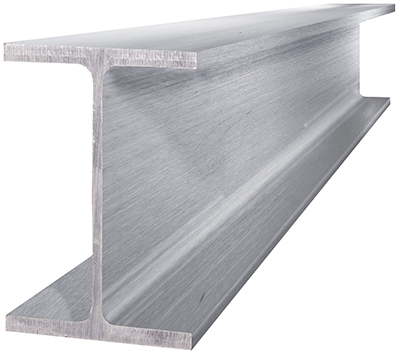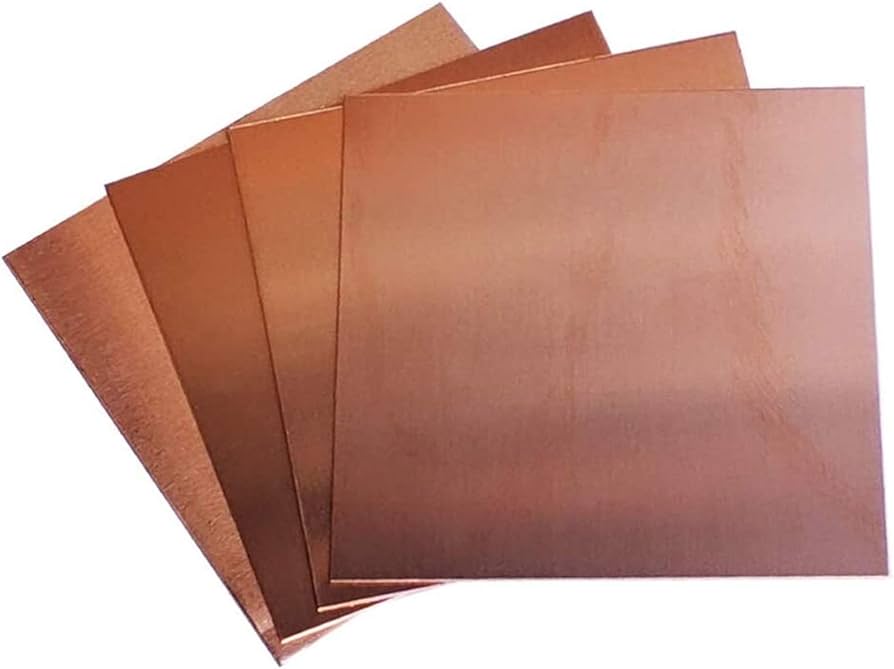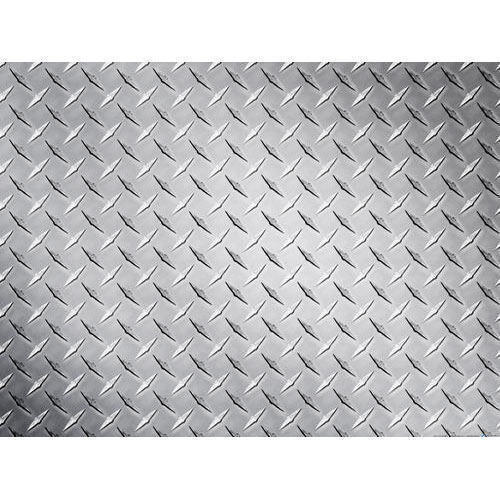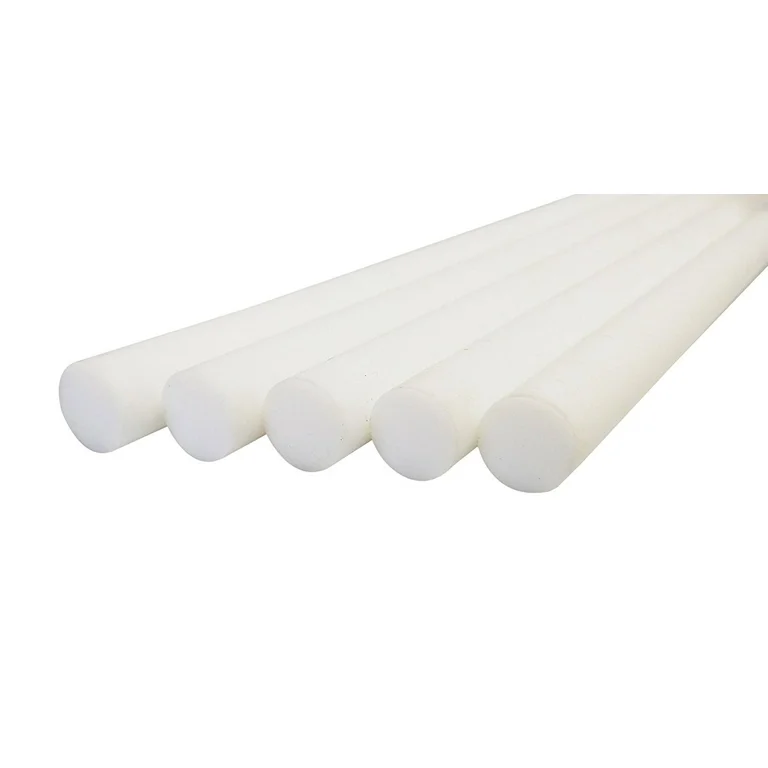Blog

Why Brass Metal is the Preferred Choice for Plumbing and Electrical Fittings
In the construction and industrial sectors across the UAE, material selection plays a crucial role in determining the longevity, safety, and performance of systems. When it comes to plumbing and electrical applications, brass metal has established itself as a superior choice for professionals who value reliability and durability. Understanding why this versatile alloy continues to dominate these critical applications reveals much about its unique properties and advantages.
The Exceptional Composition of Brass
Brass metal is primarily an alloy of copper and zinc, with the proportions varying to create different grades suited for specific applications. The copper content typically ranges from 60% to 85%, while zinc makes up most of the remainder. In many high-performance applications, small amounts of other elements like lead, aluminum, or silicon may be added to enhance particular properties.
The combination of these elements creates a material with a distinctive golden appearance and a remarkable set of characteristics that make it ideal for plumbing fixtures, electrical components, and architectural applications across the UAE’s demanding construction landscape.
Superior Corrosion Resistance in Challenging Environments
One of the most compelling reasons for the widespread use of brass metal in plumbing systems is its excellent resistance to corrosion. In the UAE’s coastal regions, where high humidity and salt content in the air create challenging conditions for many metals, brass demonstrates remarkable resilience. Water flowing through brass pipes and fittings will not cause rust or degradation that could contaminate water supplies or weaken structural integrity.
The natural oxide layer that forms on brass metal surfaces acts as a protective barrier against further oxidation, making it an ideal choice for long-term installations in both residential and commercial buildings. This property significantly reduces maintenance requirements and extends the lifespan of plumbing and electrical systems.
Antimicrobial Properties for Improved Safety
An often overlooked advantage of brass metal is its inherent antimicrobial properties. The copper content in brass naturally inhibits the growth of bacteria, making it an excellent choice for plumbing fixtures that come into contact with water intended for human use. In healthcare facilities, public buildings, and residential properties, this quality contributes to improved sanitation and reduced risk of bacterial contamination.
Versatility in Manufacturing and Installation
The versatility of brass metal makes it adaptable to numerous applications and manufacturing methods. Available in various forms including Brass Flat Bar, Brass Hex Bar (9mm to 76mm), Brass Round Bar (5mm to 152mm), Brass Sheet (4FT X 8FT, European origin), and Brass Square Bar (5mm to 50mm), manufacturers can create components to exact specifications.
The material’s excellent machinability allows for precise threading, which is essential for leak-proof connections in plumbing systems. Brass components can be easily cast, forged, or machined to create complex shapes with tight tolerances, all while maintaining their structural integrity and performance characteristics.
Thermal and Electrical Conductivity Benefits
Brass metal offers excellent thermal conductivity, making it ideal for applications involving heat transfer. In plumbing systems that carry hot water, brass fittings help maintain temperature consistency. The material also withstands high temperatures without degrading, which proves valuable in the UAE’s climate, where water systems often operate under thermal stress.
copyright © Hussain Aluminium Co L.L.C. All Rights Reserved.





